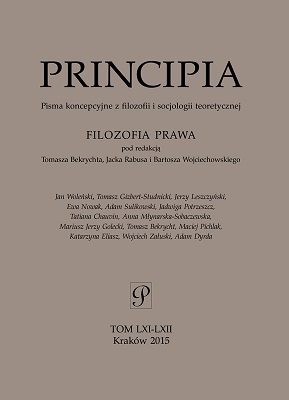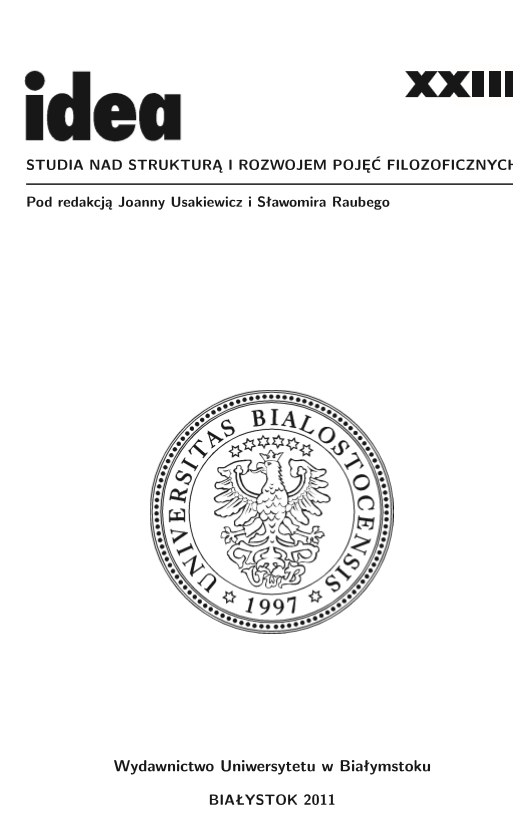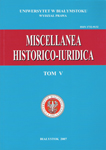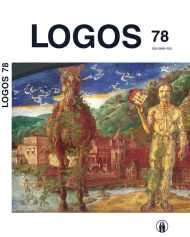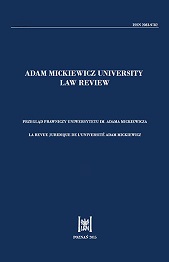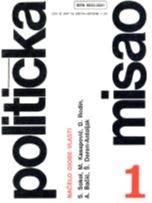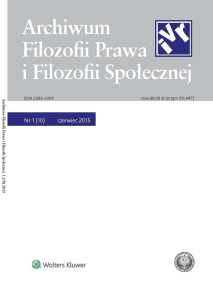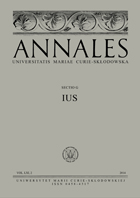
Zbieg przepisów ustawy w polskim prawie karnym
Concurrence of provisions occurs when one act, constituting the basis of criminal law reaction, fulfils the features of at least two types of forbidden acts described by the criminal statute. It is therefore mainly the problem of proper legal qualification of a forbidden act. However, greatest difficulties are connected with establishing the unity of the forbidden act which is to be evaluated. The Polish doctrine and court practice represent the point of view that during the establishing of the criminal law evaluation unit, both ontological and normative criteria should be taken into account. The concurrence of provisions may be of various character. Putting aside the so-called apparent concurrence, on should distinguish the negligible (not proper) concurrence and real (proper) concurrence. In case of the first one, there is, due to the use of special rules which allow for the exclusion of multiple evaluation, a reduction of the legal qualification to one provision, so that the concurrence is neglected in the process of legal qualification. In the second case, the rules which allow for the exclusion of multiple evaluation cannot be applied without the loss of the possibility to reflect the full scope of the illegality of an act in the legal qualification. Different models of solving the real concurrence of provisions are possible. There are three such models in the Polish legal system: the so-called ideal concurrence of offences (art. 8 of the fiscal criminal code), the eliminative concurrence of provisions (art. 9 of the code of petty offences) and the cumulative concurrence of provisions (art. 11 of the criminal code). The latter is of greatest practical significance. It makes it possible to reflect most fully the complex content of illegality, as in case of this type of concurrence the qualification is based on all the concurring provisions, and only the imposition of punishment is based on the most severe provision. This does not forbid the court to apply the penal measures on the basis of the other provisions which are included in the legal qualification.
More...
